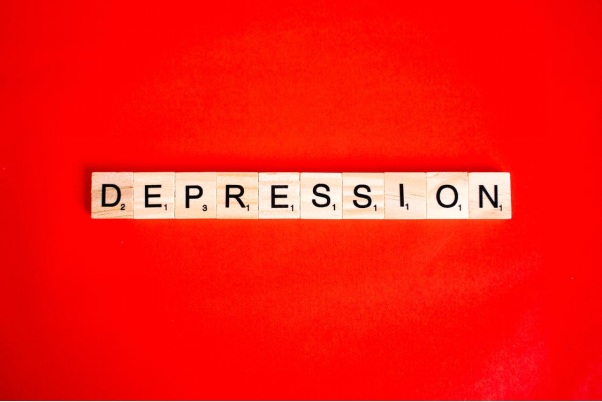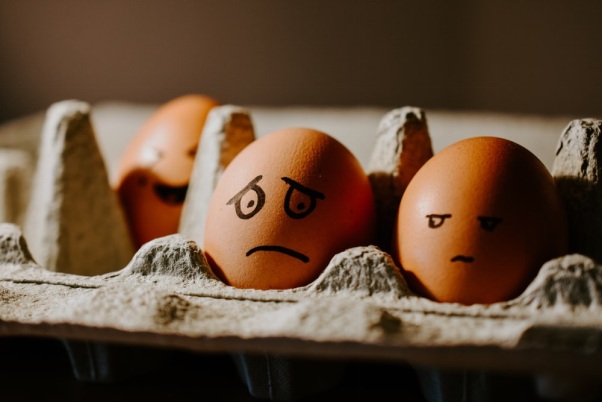It’s not uncommon for mental health specialists to diagnose depression while treating anxiety. The two often go hand-in-hand in the 36.9% of American adults that do seek treatment for an anxiety disorder. As a condition with high chances of recurrence, depression should also be monitored after one has gone into remission.
Here are the signs of depression relapse you should be watching out for.
Abnormal Sleep Patterns
Fatigue can make the symptoms of depression worse, and a lack of quality sleep may very well contribute to your fatigue. If falling asleep every night is fast becoming a struggle, if your mind refuses to turn off when you intend to turn in for the night, you could be looking at a relapse.
Conversely, sleeping a lot may also herald another depressive state—that is, if you don’t want to get out of bed to isolate yourself from the outside world.
Testiness
Having a short fuse is a characteristic of depression that you may have noticed on your first go with the condition. If you find yourself getting internally irritated at something that doesn’t warrant a reaction, you may want to start monitoring this feeling.
See if there are any stressful instances when letting it out feels like the only satisfying option. Alternatively, you could ask your loved ones if they’ve noticed a turnabout in your attitude recently.
Dissatisfaction with Self
Depression has a way of highlighting the negatives and tuning out the positives. We’re only human, but when we turn into depressed humans, the part of our rationality that knows everybody is far from perfect tunes out and gets replaced with self-critique and, later on, self-loathing.
If you’re starting to hear that niggling voice at the back of your head again—the one that usually tells you something along the lines of, ‘you’re not good enough’—it’s time to work on your low self-esteem and build some internal muscle to fight against a possible depression relapse.
Indecision
When a slow day at work turns into multiple days at work, it may be time to start thinking of it as a personal, not work, problem.
If you’ve had any of the following symptoms related to indecisiveness, you might want to renew your acquaintance with a mental health specialist:
- Processing everything slowly.
- A drastically short attention span.
- Forgetfulness
- Early signs may involve trouble making minor decisions like what to have for breakfast.
How to Treat a Possible Depression Relapse
You can treat a first, second, or third go with depression through hypnosis: a collective term used for subconscious mind healing techniques that are quickly gaining widespread attention, as an effective treatment alternative for mental health conditions.
Reach out to Rekha for long-term respite from depression or to treat subconscious anxiety, lose weight, express feelings, among other issues.
Contact us to book a consultation with Rekha today.
Not ready to schedule an appointment? Learn how self-hypnosis can start your recovery from PTSD and depression.



[…] most common suggestion that is given when treating anxiety and depression is developing healthy sleeping habits. Adequate sleep can help you relax your nerves, and you can […]